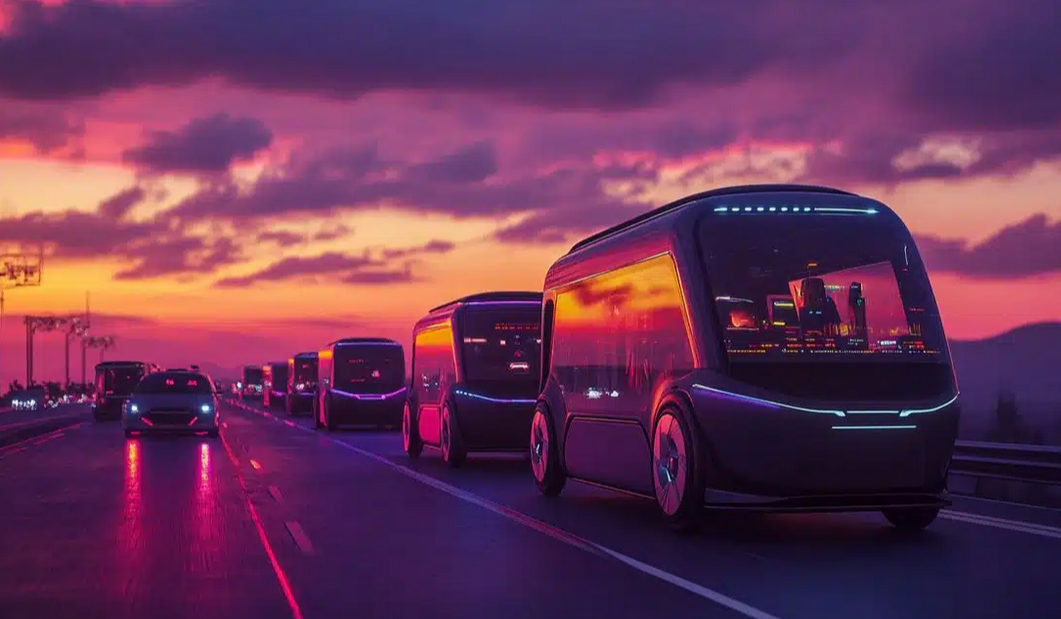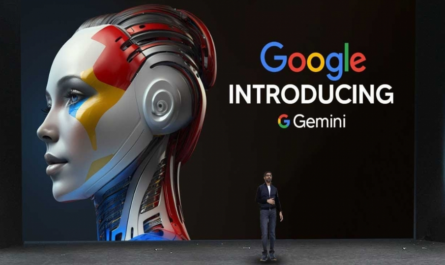Customers have been the primary focus of the electric vehicle market, with manufacturers like Tesla, BMW, and Porsche targeting tech-savvy luxury automobile drivers with their vehicles.
Nonetheless, commercial fleet managers are increasingly receiving assistance from software, logistic service providers, and charging infrastructure firms in the US, Europe, and Asia as they make the switch to electric vehicles.
There is pressure on commercial fleets to reduce their carbon emissions in order to satisfy both consumer and governmental demands. One obvious method they can do this is by using EVs.
The extra advantage of EVs is that they require less maintenance and have fewer mechanical components, but this necessitates precise scheduling of charging and driving routes.
The unexpected outcome of a single report? In a Bridgestone survey of 1,800 fleet managers across 15 countries, 32% of respondents said that over the next five years, machine learning and artificial intelligence (AI) would have the most impact on fleet management, followed by electric vehicles (30%).
Data Analytics Modify Fleet Operations
For fleet management, EVs and data analytics go hand in hand. Fleet managers expect to increase their investments in digital fleet solutions during the next five years.
Among the important figures are:
- Approximately 23% of fleet managers currently use AI.
- Within the next five years, 35% intend to use AI.
- 62% of respondents believe AI will enhance route planning and logistics.
- 56% of people think AI will make driving safer.
- 55% list improved asset management and predictive maintenance as the top advantages.
85% of fleet managers predict their fleet will include more electric and hybrid cars over the next five years, according to Jan-Maarten de Vries, President of Fleet Management Solutions at Bridgestone Mobility Solutions. The shift to digital solutions, including AI, is a clear indication of the future direction of fleet management, with potential changes in the future.
How Commercial Fleets Gain from Electric Vehicles
The total cost of ownership (TCO) of each vehicle, which includes the purchase price as well as ongoing expenses like gasoline, taxes, and insurance, is making electric cars (EVs) more affordable for fleets than internal combustion engine (ICE) vehicles. Governments may help businesses save even more money by offering tax breaks, grants, and subsidies.
According to Bridgestone’s survey, fleet managers anticipate that their fleet’s vehicle mix will change over the coming years, with an almost twofold increase in the percentage of electric and hybrid vehicles from 37% to 63% by 2029.
EVs provide commercial fleets several advantages:
- Reduced running costs: Because EVs require less maintenance and electricity is usually less expensive than diesel or gasoline, they are gaining popularity among managers of commercial fleets. This results in considerable cost reductions over time.
- Environmental advantages: EVs are viewed by fleet managers as a path to more environmentally friendly operations. Since EVs emit no carbon dioxide at the exhaust, they can meet environmental standards, lessen their carbon footprint, and draw in customers who are increasingly choosing to do business with sustainable enterprises.
- Energy management: Fleet managers can use data analytics to track each vehicle’s energy consumption in order to optimize efficiency.In order to save energy expenses, AI can also assist in scheduling charging so that cars charge during off-peak hours when electricity prices are cheaper.
- Extended operational use: EVs often endure less wear and tear than conventional cars since they have fewer moving parts, which extends the vehicle’s lifespan. While over-the-air software upgrades can improve operation without requiring vehicles to be taken to a physical mechanic, advancements in battery technology also continue to increase EV range and durability.
The Prospect of Adoption of Autonomous Vehicles
Commercialization of fully autonomous vehicles is still a ways off, but the technology has the potential to revolutionize fleet management once more.
AI gives self-driving cars the ability to observe their environment, learn from it, and understand data that is sent to them in real time from their cameras, sensors, and radar. This can lower labor costs, increase vehicle safety, and decrease human error.
According to a Bridgestone survey, about half of fleet managers cited increased vehicle and driver safety as the primary justification for fleet management technology investments.
There may still be obstacles to overcome
Despite the obvious advantages of integrating EVs and AI technologies into commercial fleets, businesses still confront some difficulties. Businesses must balance the expected long-term benefits against the upfront expenditures of purchasing EVs and implementing AI-powered systems or services, which can be considerable.
The slow construction of adequate charging infrastructure to satisfy EV demand is a problem for fleet managers everywhere, especially for big fleets that travel great distances.
It can also be challenging to ensure that drivers and fleet managers are adequately trained to operate and maintain EVs with AI-enabled equipment. Although these technologies promise more efficiency, their full potential necessitates specialist understanding.
The Bottom Line
EVs are gaining popularity among commercial fleet managers for sustainability and cost reduction, while AI is optimizing operations through predictive maintenance, route optimization, and energy efficiency. Combining these technologies could revolutionize commercial transportation by enabling informed decision-making with co-drivers alongside drivers for better navigation and efficiency.




